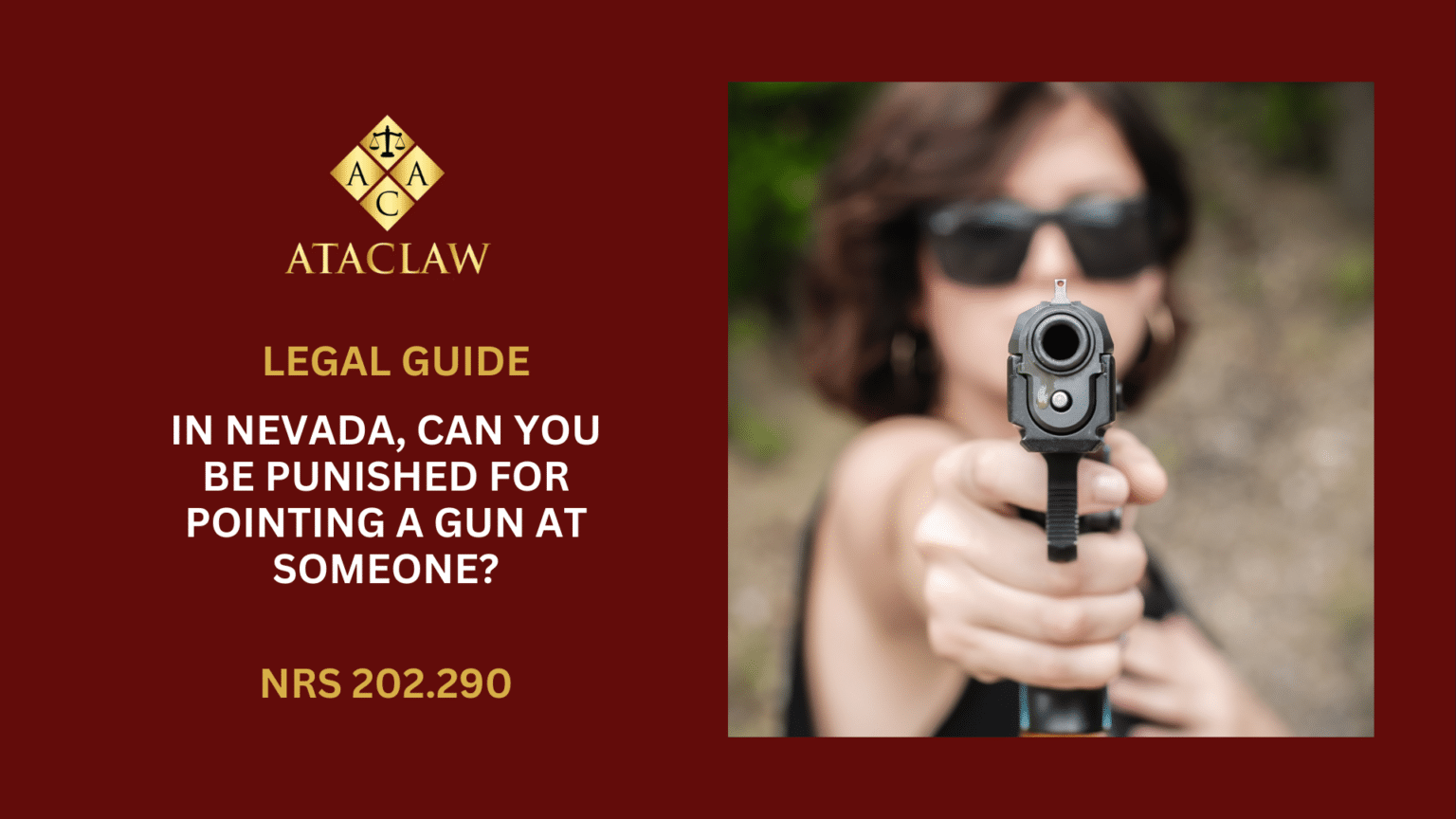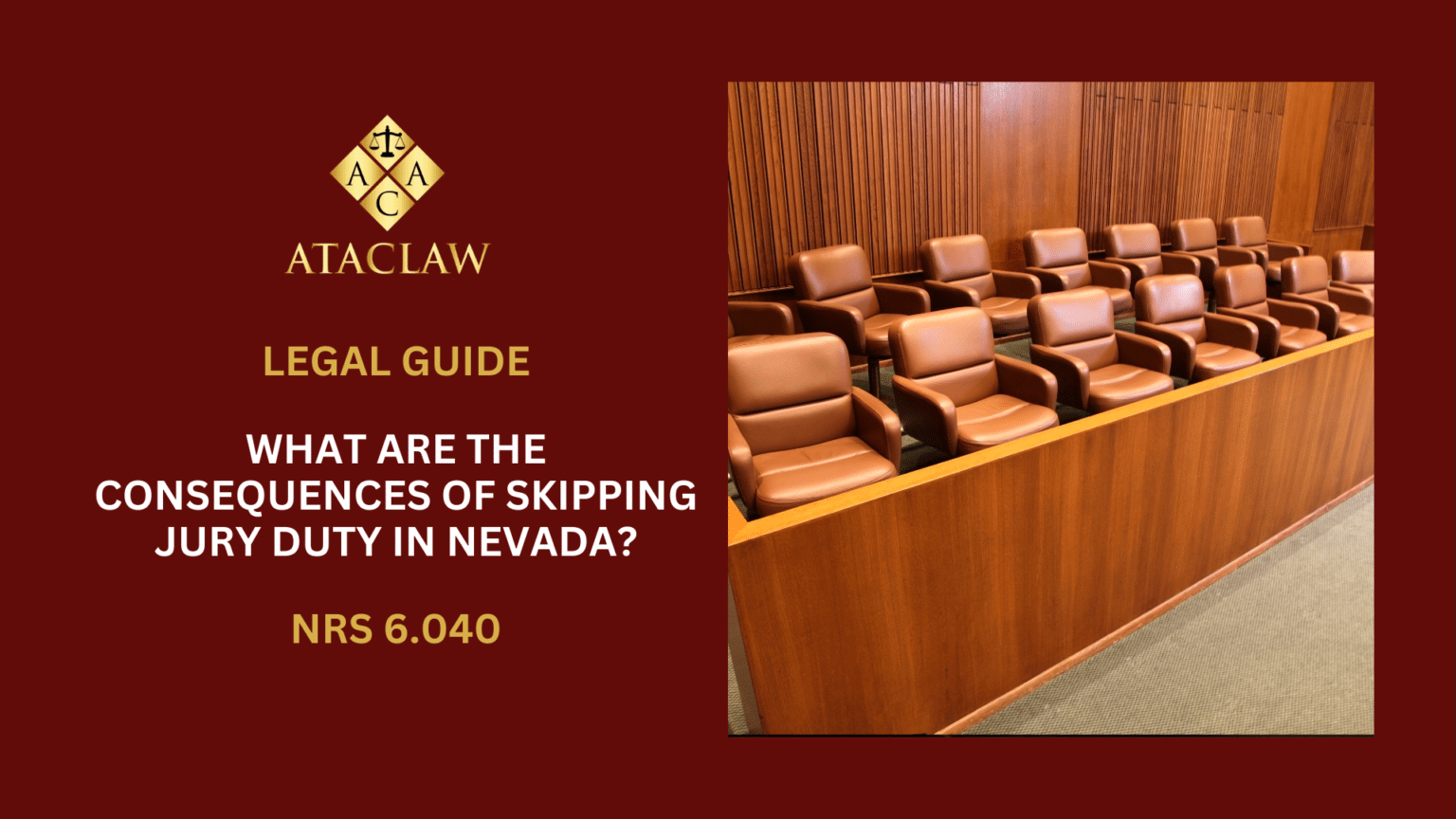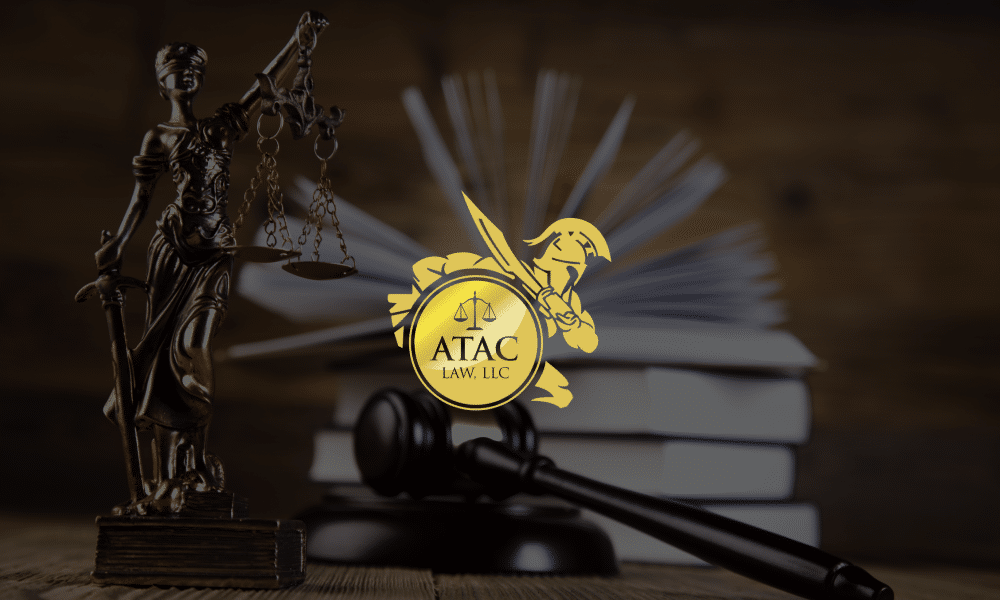The seriousness of firearm safety and responsibility in Nevada is not to be underestimated. NRS 202.290 serves as a cornerstone in the state’s legal framework, firmly establishing the boundaries of acceptable conduct when handling firearms. This statute is a stark reminder that a casual or careless attitude toward gun usage is not only dangerous but also carries severe legal ramifications. In Nevada, pointing a weapon at another or discharging a gun in a public area is not just a reckless act—it’s a gross misdemeanor that can lead to substantial fines and significant jail time.
For the layperson navigating the legalities of firearm control, understanding the specific provisions of NRS 202.290 is essential for upholding the law and ensuring individual and public safety. We take a deep dive into this imperative statute, offering insight and guidance to demystify the legal language and implications for the everyday citizen.
What Happens When You Point a Gun at Someone in Nevada?
In Nevada, pointing a firearm at anyone is categorically deemed unlawful, as outlined by statute NRS 202.290. This law states that it’s a crime to intentionally direct any firearm towards another person, whether the weapon is loaded or not, and to discharge a weapon in a location where it could potentially harm people, even if no one is actually injured.
It’s important to clarify that the mere act of targeting an individual with a firearm is prohibited, regardless of the person’s awareness or level of fear, and whether the intent to shoot is present or not. Indicating any firearm at a person violates the statute, irrespective of the weapon’s operational status.
Imagine a scenario where two friends, John and Alex, are kidding around in a Reno gun shop. In jest, John points a shotgun at Alex, playfully declaring, “Boom, boom, you’re out!” Even if Alex finds it amusing, this act could still land John in hot water with law enforcement officials, who could then take him into custody for this serious infraction.
John’s actions are in breach of Nevada law simply due to aiming the shotgun at Alex. The fact that the shotgun wasn’t ready to fire is irrelevant to John’s legal responsibility. Likewise, Alex understanding that John was just jesting does not negate the act’s criminal nature.
Could Violating Nevada’s Firearm Aiming Law Affect My Right to Own a Gun?
If you find yourself on the wrong side of Nevada’s NRS 202.290 statute, which prohibits intentionally aiming a firearm at another person, you might wonder about the implications for your gun ownership rights. The direct answer is reassuring: violating this specific regulation does not directly lead to the forfeiture of your right to possess firearms.
What Are the Consequences of Aiming or Firing a Gun Illegally in Nevada?
The act of deliberately pointing a firearm at another individual, or recklessly discharging a weapon in a place where others could be endangered in Nevada, is taken seriously and classified as a gross misdemeanor under NRS 202.290. The penalties for such an offense can include:
- A potential jail sentence of up to 364 days, and/or
- Fines that may reach up to $2,000.
The situation escalates when the act of aiming the firearm induces a legitimate fear of imminent harm. In this case, the person may be charged with assault with a deadly weapon as per NRS 200.471(2)(b), which is considered a category B felony. The punishment for this more severe crime can include:
- Imprisonment for 1 to 6 years in the Nevada State Prison, and/or
- Fines of up to $5,000.
Furthermore, if there’s an instance of firing a gun from a vehicle or building maliciously or without regard to safety in a populated area, it is prosecuted under NRS 202.297. This is also a category B felony, carrying heavier consequences that include:
- 1 to 10 years in state prison, and/or
- Fines that may also reach up to $5,000.
How Can Firearm Convictions Impact Your Immigration Status in the U.S.?
If you are a non-citizen residing in the United States, any conviction related to firearm offenses can have severe implications on your immigration status. Specifically, if convicted of charges such as aiming a firearm at a person or discharging a firearm in public, you could face the possibility of deportation. Given these serious potential consequences, it is crucial for immigrants to seek legal representation promptly if they are accused of any firearm-related violations.
What Defenses Can Be Used to Contest Gun-Related Charges in Nevada?
If you’re facing charges in Nevada for allegedly aiming a gun at someone, you should know there are viable defenses that can be used to fight back and possibly have the charges dismissed. These include:
- Accidental Discharge: Similarly, if a firearm or weapon went off accidentally, or another individual was responsible for its discharge, and you did not intentionally fire the weapon, this lack of intent could be used to defend against charges of discharging a firearm in public.
- Self-Defense: Nevada recognizes the right to use proportional force to protect oneself or others. If you brandished a firearm in response to an immediate threat, such as someone threatening you with a knife, and a reasonable person in your situation would have done the same, this could justify your actions and result in the charges being dropped.
- Unintentional Actions: If you can demonstrate that pointing the gun was unintentional—perhaps due to an unforeseen medical situation like a seizure, or because someone inadvertently caused you to move the gun in the direction of an individual—it can be argued that you did not willfully aim the gun, which is necessary for a conviction.
- False Accusations or Mistaken Belief: Sometimes, a person may wrongfully accuse you of aiming a gun at them, or they may be mistaken in believing that the gun was pointed in their direction. The prosecutor must prove beyond a reasonable doubt that you intentionally aimed the gun at someone. A successful challenge to the credibility of the accusation could lead to a dismissal of your case.
In any firearm-related legal battle, it is essential to have expert legal assistance. ATAC LAW specializes in providing defense for such cases and can offer the guidance required to understand your rights and mount a strong defense.
How Can I Defend Myself Against Firearm Discharge Charges in Nevada?
Defending against firearm discharge charges in Nevada involves understanding the specific defenses that align with the circumstances of your case. ATAC LAW outlines several effective strategies that may apply:
- Accidental Discharge Without Malice: Nevada’s statute NRS 202.287 specifically targets wanton or willful discharges of firearms. If your actions were accidental or due to negligence, you might not be held liable under this offense. For instance, if an individual, let’s call him Alex, accidentally discharges a firearm while having a medical episode, such as a seizure, this could be used to argue against the charges, provided it can be proven that the discharge was truly accidental.
- Self-Defense: Discharging a firearm in self-defense aligns with Nevada’s laws on self-protective measures. If you, in a situation similar to one where an individual named Jordan is confronted in a threatening manner by an assailant in a secluded alley, found yourself in imminent danger and used a firearm to defend yourself, your actions could be justified under self-defense. This defense hinges on demonstrating that you had a reasonable fear for your life or bodily harm. For example, if Jordan is approached aggressively by an individual wielding a weapon, Jordan’s decision to fire a weapon in self-defense could potentially exempt him from criminal charges, provided that there is sufficient evidence to support a genuine perception of imminent threat.
- Hunting in Compliance with Regulations: Legal hunting activities that involve discharging firearms from vehicles or structures could present a defense, as long as they adhere to Nevada’s hunting laws, specifically NRS 503.010, ensuring that the activity is conducted lawfully.
- Peace Officers in Official Duties: Law enforcement officers performing their responsibilities are allowed to discharge firearms from any location. This defense applies if you, in your role as a peace officer, were engaged in official duties at the time of the incident.
- Legal Exceptions for Certain Activities: Certain scenarios, like discharging a firearm at a licensed shooting range or during a sanctioned event, are not considered crimes as they fall under lawful activities. Demonstrating participation in such legal activities or events could be a defense.
When Can I Get My Criminal Record Sealed in Nevada?
If you’ve been convicted under NRS 202.290, you’re eligible to apply for a record seal two years after your case concludes. However, if your charges were dismissed, you can seek to seal your record immediately, with no waiting period.
Nevada’s stance on gun safety is clear: firearms must be handled with the utmost care and consideration for the safety of others. The penalties for transgressions are stringent, reflecting the state’s commitment to preventing undue harm and upholding public security.
ATAC LAW can robustly defend against these charges by first thoroughly examining the specifics of your case, identifying any potential defenses such as self-defense, mistaken identity, or lack of intent. By gathering evidence, witness statements, and leveraging legal expertise, ATAC LAW aims to either get the charges reduced or dismissed. With a strategic approach tailored to each client’s unique situation, ATAC LAW is committed to protecting your rights and ensuring the best possible outcome for your case.
For further legal assistance and to discuss your case with an expert, don’t hesitate to contact ATAC LAW.




